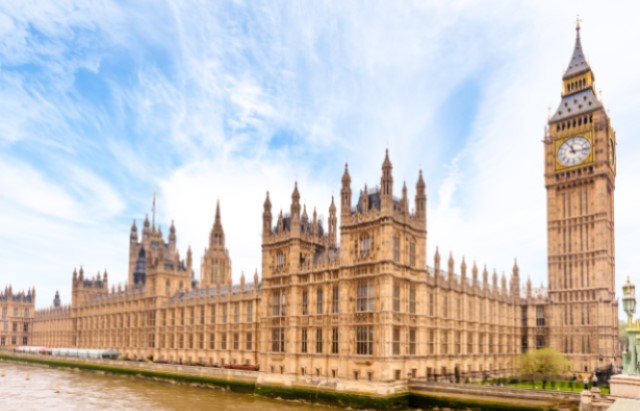

Last week’s emergency mini-Budget was a missed opportunity for heart patients, failing to provide reassurance that the NHS will be there for them when they need it, and to recognise that the health of the nation is vitally important to our economic prosperity.

Ongoing health emergency
The emergency budget does nothing to help address the ongoing NHS emergency and provides no additional resourcing for the aspirations outlined in yesterday’s Plan for Patients. It’s likely that the NHS and social care will be asked to deliver against more targets without substantial increase in resource.
More doctors and nurses are needed in the NHS, and there was no funding pledged to achieve this or allow the NHS to address the backlog of care.
Heart patients need the assurance that the NHS will be able to tackle the vast and growing backlog of heart care – we don’t believe either announcement this week goes far enough to achieve this.
Better prevention
With the pandemic throwing a spotlight on the importance of building a resilient and healthy nation, we have been calling on Government to invest in preventing chronic diseases, especially via an increase to the Public Health Grant for local authorities, which funds preventative services such as local stop smoking support.
The grant has been cut drastically since 2014/15, and urgently needs an extra £1 billion a year to ensure people are kept healthier for longer.
Today’s event did not deliver this critical uplift, and we will continue to call for the Government to make this vital investment in its next budget.
We are relieved that reports the Government may drop vital obesity policies, including the Soft Drinks Industry Levy, have not come to pass today.
Protecting health also protects the country’s prosperity, and meeting Government targets of halving childhood obesity by 2030 would generate savings of over £37 billion for the NHS.
We urge Government to remain steadfast in implementing these vital policies, and to consult health organisations on any future changes to regulation, which are intended in the coming months.
Increased research investment needed
For the UK to become a science superpower, the Government needs to reaffirm its commitment to invest 2.4 per cent of GDP in R&D by 2027 and publish a detailed plan of how this will be achieved.
To match other leading scientific nations, an aim of investing 3 per cent of GDP in the long-term would be a booster charge for our world-leading science.
Investment in research brings huge benefits to the economy. For every £1 invested in medical research, there’s a return equivalent to around 25p per year in perpetuity.
Heart disease and stroke research is also underfunded compared to their impact on society.
To tackle and reduce heart disease and stroke over the long-term and make tomorrow’s treatments and cures a reality, the Government should commit to help close this funding gap as part of its R&D investment plan.
Our comment
Dr Charmaine Griffiths, our Chief Executive, said: “Health and wealth are two sides of the same coin, and while last week’s fiscal event focused on the economic emergency facing the country, we were disappointed to not see the ongoing health emergency addressed.
“Heart patients are facing mounting waiting lists and dangerous delays to emergency care – they need assurance that the NHS will be there for them when they need it. Last week’s plan for the NHS and social care and the emergency budget both fail to provide that guarantee.
“If the Government is serious about economic growth, then investing in research and development is a wise move, which will also bring us closer to finding treatments for tomorrow’s patients. We look forward to further detail on how this will be achieved in the next budget."
READ OUR RESPONSE TO THE NEW PLAN FOR PATIENTS


